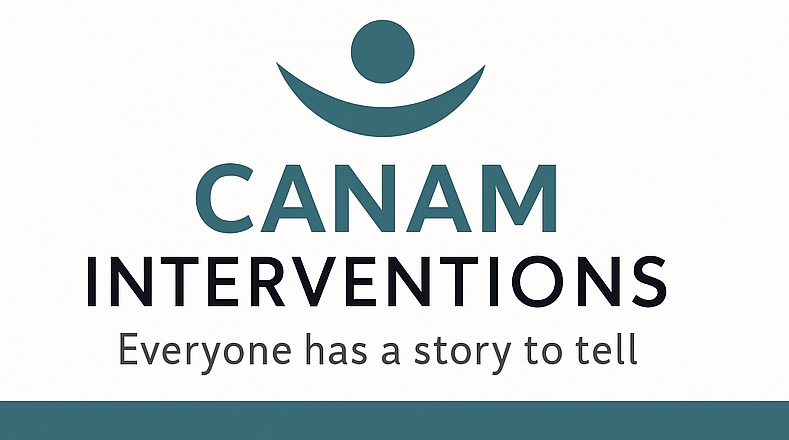Next Steps –To determine the most effective approach for your family, we recommend scheduling a clinical consultation (one to two hours) prior to beginning intervention or case management services. This meeting allows us to assess needs, review history, and outline a customized care plan.
To request an appointment, contact Patricia Pike at patti.pike@canaminterventions.com.
If your loved one’s behavior has become unmanageable, destructive, or is affecting relationships, work, or health—and previous attempts to help haven’t worked—it may be time for professional intervention. Early action can prevent further emotional and physical harm.
Professional interventions are structured and guided by experienced specialists. They provide emotional safety, organization, and therapeutic insight to keep communication focused and respectful, reducing the chance of escalation or defensiveness.
Families are central to the process. We help each participant prepare, understand their role, and learn healthy communication tools. This collaboration strengthens the family system and promotes long-term recovery for everyone involved.
Yes. Many of our interventions address co-occurring issues such as anxiety, depression, or trauma. We create a personalized plan that integrates mental health support, ensuring comprehensive care for your loved one.
Denial is a common part of addiction and mental health struggles. A professional intervention provides a calm, factual, and compassionate setting where your loved one can hear how their behavior impacts those they care about—often opening the door to acceptance and change.
The process typically unfolds over several days to weeks, depending on family readiness and planning needs. We take the time to educate, organize, and support everyone before, during, and after the intervention to ensure the best outcome.
Absolutely. Post-intervention case management and family coaching are integral to sustained recovery. We guide families through treatment transitions, boundary setting, and aftercare planning to maintain long-term stability.
We assess your loved one’s clinical, emotional, and personal needs and recommend programs that align with those needs. Our referrals are independent and based on professional experience, not affiliations or commissions.
Yes. When in-person meetings aren’t possible, we offer virtual or hybrid options that maintain confidentiality and compassion while ensuring all participants can be included safely and effectively.
The goal of an intervention is to create a turning point—whether that’s immediate treatment entry, greater family understanding, or new boundaries that encourage healthy choices. Every step moves your loved one and family closer to recovery and balance.
























